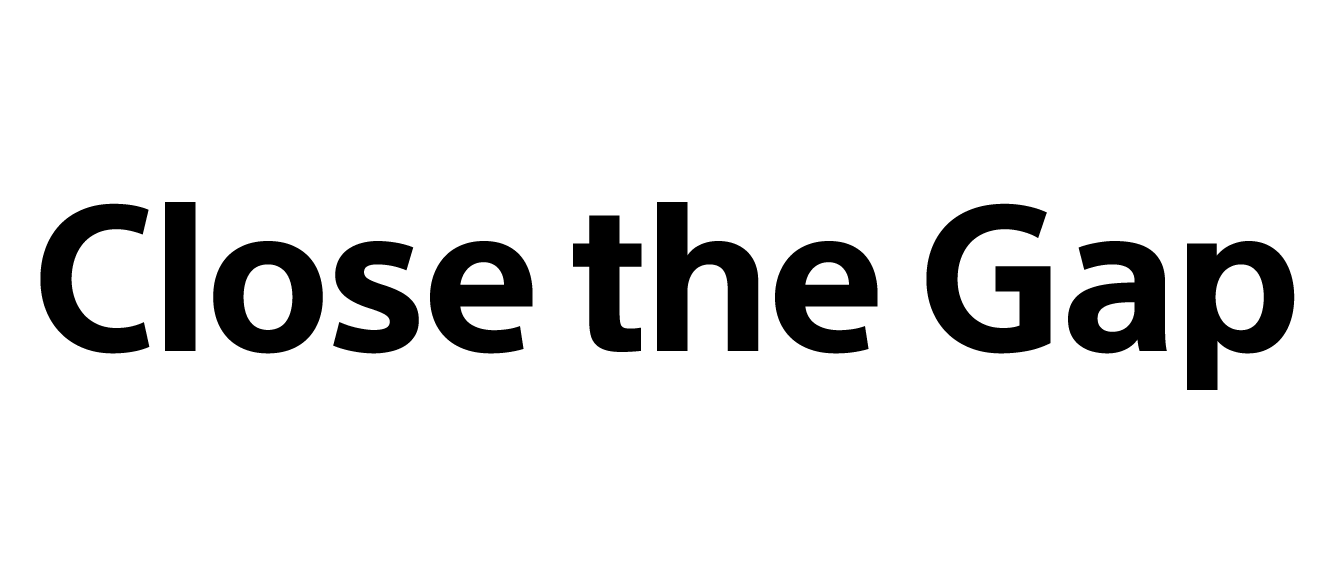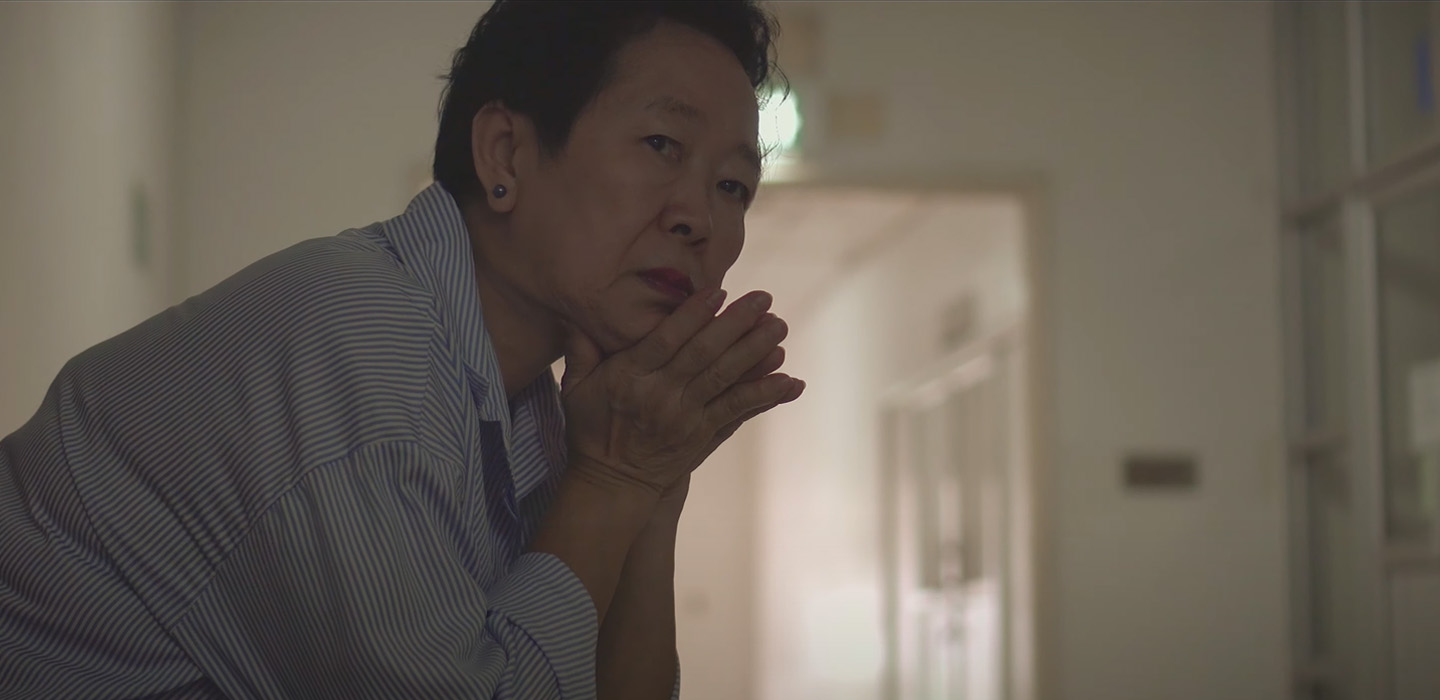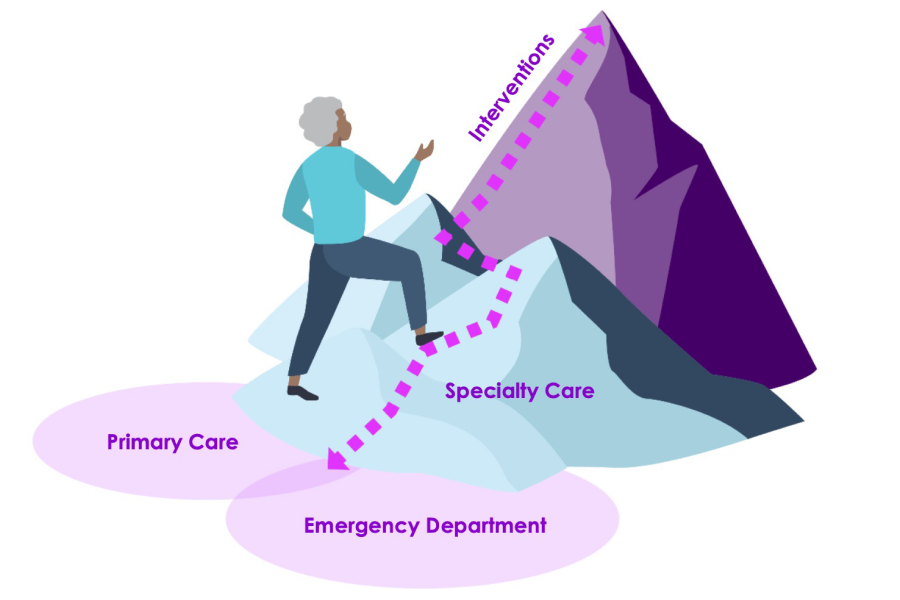
Championing health equity
Close the Gap, a Boston Scientific initiative, has championed health equity for over two decades.
Close the Gap initiative
Close the Gap aims to improve pathways to specialty care and increase access to interventions for underserved patients so that everyone receives the life- and limb-saving care they need
It’s time to intervene
Studies have shown that barriers to care lead to heart and vascular treatment disparities for women and people of color
Peripheral Artery Disease
2x
Black patients are 2 times more likely* to receive an amputation and less likely to receive revascularization first 1,2
Coronary Artery Disease
15%
Hispanic patients are 15% less likely* to receive PCI when presenting with heart attack symptoms 3
Atrial Fibrillation
4%
Black patients represent only ~4% of all LAAC procedures 4,5
Heart Failure
↓
Black & Hispanic patients are less likely* to receive CRT & ICD therapies 6-8
Our approach
Close the Gap’s dedicated team enables change across three health equity interventions: (1) Health System Improvement, (2) Clinical Trial Diversity, and (3) Equitable Care Advocacy.



